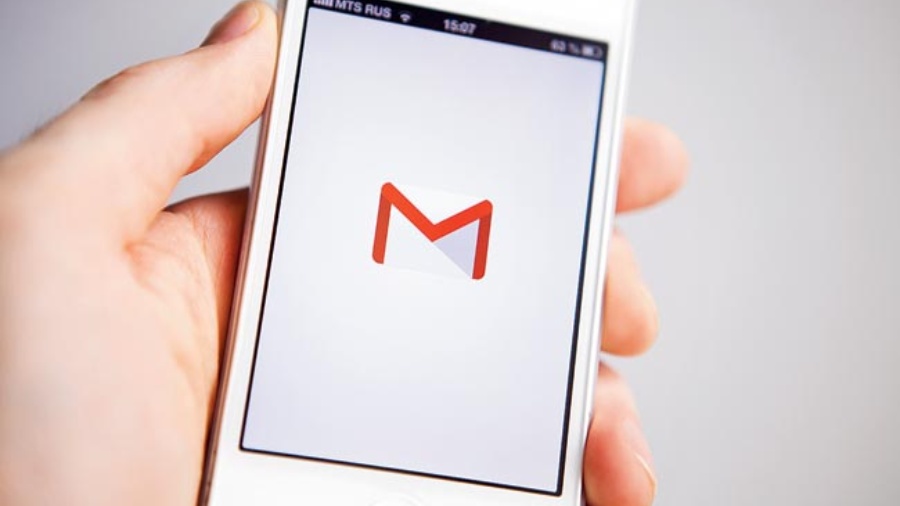If it ain’t broken, don’t fix it goes the saying but Google has gone against the grain with a redesign for Gmail, which is probably something you have noticed in the last few days. The new changes bring the design philosophy closer to the company’s other services. In case this isn’t your cuppa, there is a way to do the switcheroo but first give change a fair chance.
The design changes include a left-hand menu to quickly switch between Chat, Spaces and Meet. Plus, filtering emails has become quicker, and then there are many shades of blue (literally). The other unmissable feature is the new font — Google Sans Text, which is inspired by basic geometries like circles.
Changes to search techniques
It’s not all cosmetic. Among the many functional changes is “search chips”. For example, one is looking for mails containing the word “pottery”. Once all the mails are displayed on the screen, there are “chips” that appear on the top, helping you to find granular information, like “from”, “has attachment” and so on. This is beyond what was possible through the search bar.
Further improvements come via contextual search suggestions. Next, Google is allowing more focus on first name and email addresses over searching the last name while scanning through contacts. The service will consider historical conversations while showing personalised suggestions. For example, if one were to have more conversations with a colleague named Falak Kabir, searches will give preference to the same name. The overall feel is now closer to that of Microsoft’s Outlook while being modern and smoother to operate.
In case you are not happy about changes….
For long-time Gmail users, the old way may seem like a better choice. Once the new updates hit your Gmail account, you will notice the new colours and new panels. But to go back to the old ways, click on the Settings gear icon on the top right of the page, and choose Go back to the original view. You’ll be prompted to give Google feedback about why you want to see the previous version.
Gmail has become synonymous with the email service for most and now has more than a billion users. But there have been tough moments for the service. The company, for example, ended its free photo storage last year, which didn’t go down well. For some, the many shades of blue may not be enough.











